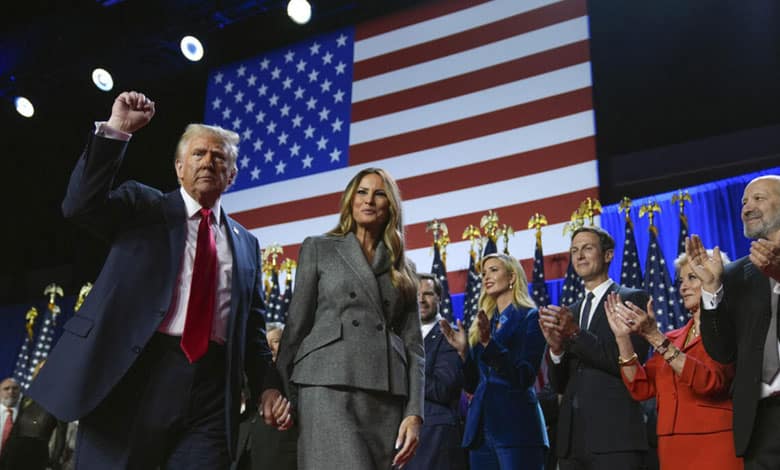Trump Urges OPEC to Cut Oil Prices, Claims It Will End Russia-Ukraine War, Will it be Helpful? Here is What We Know
Trump urges OPEC to cut oil prices, claiming it could end the Russia-Ukraine war. But will this strategy be effective? Here's an analysis of the potential impact and challenges.

Trump urges OPEC to cut oil prices, claiming it could end the Russia-Ukraine war. But will this strategy be effective? Here’s an analysis of the potential impact and challenges.
Washington: US President Donald Trump has once again called on the Organization of the Petroleum Exporting Countries (OPEC) to reduce oil prices, arguing that it could bring an end to the ongoing Russia-Ukraine war. Speaking via video conference at the annual World Economic Forum in Davos, Switzerland, Trump accused the OPEC+ alliance of oil-exporting nations of contributing to the nearly three-year conflict.
Table of Contents
“We want to see OPEC cut the price of oil. That will automatically stop the tragedy that’s taking place in Ukraine. It’s a butchering tragedy for both sides,” Trump said, speaking to reporters in North Carolina on Friday.
Trump Blames High Oil Prices for Prolonging the War
Trump emphasized the staggering loss of life on both the Russian and Ukrainian sides, stating that over a million people have died in the conflict. He described the war as “crazy” and said it never would have happened under his presidency.
“It’s crazy. It’s a crazy war and it never would have happened if I was president (then). This is crazy that it happened, but we want to stop it,” Trump remarked.
The former president reiterated his stance that reducing oil prices would be a key step in halting the war. “One way to stop it quickly is for OPEC to stop making so much money and to drop the price of oil. If you have it high, that war is not going to end so easily. So, OPEC ought to get on the ball and they ought to drop the price of oil. And the war will stop right away,” he added.
Also Read: Israeli Forces Begin Pulling Out from Central Lebanon, but Full Exit May Be Delayed
Previous Remarks and Sanctions Threat
Earlier, Trump had urged Russian President Vladimir Putin to make a deal with Ukraine and suggested that he would meet with Putin when the situation allowed. Trump also warned the Russian president to end the “ridiculous war” in Ukraine or face high tariffs and further sanctions.
These comments come shortly after Trump was sworn in as the 47th President of the United States on January 20, and continue his outspoken approach to international conflicts, including the war in Ukraine.
Oil Price Cuts Unlikely to End Russia-Ukraine War
Cutting oil prices, as suggested by Trump, may have some indirect effects on the Russia-Ukraine war, but it is unlikely to be a decisive factor in ending the conflict. Here’s why:
- Oil Revenue and Russia’s War Effort: While oil revenues do play a significant role in funding Russia’s military operations, the primary reasons for the continuation of the war are more complex, including political, territorial, and strategic factors. Lower oil prices might reduce some of Russia’s revenue, but it’s unlikely to immediately pressure Russia to end the war.
- Global Oil Market Dynamics: OPEC’s ability to cut prices is not that simple. The oil market is influenced by many factors, and OPEC’s actions alone may not lead to the price reductions that Trump is suggesting. OPEC countries may be reluctant to lower prices because they depend on oil revenues for their economies.
- The Political and Military Dimensions: The war involves deep political issues, including territorial disputes, national security concerns, and long-standing geopolitical tensions. A simple reduction in oil prices is unlikely to address these underlying factors. The war will likely only end through diplomatic negotiations, peace agreements, or changes in the military balance, not just economic pressure on oil prices.
- Effect of Sanctions: Western sanctions on Russia, which target various sectors including oil, have already impacted the Russian economy. However, Russia has found ways to circumvent some of these sanctions, and the war continues despite these economic pressures.
In summary, while reducing oil prices could have some economic impact on Russia, it is unlikely to be the key factor in stopping the war. The conflict will require diplomatic solutions and deeper geopolitical shifts to bring an end to the violence. We hope for a swift and peaceful resolution to the war, bringing an end to the suffering and loss on both sides.
